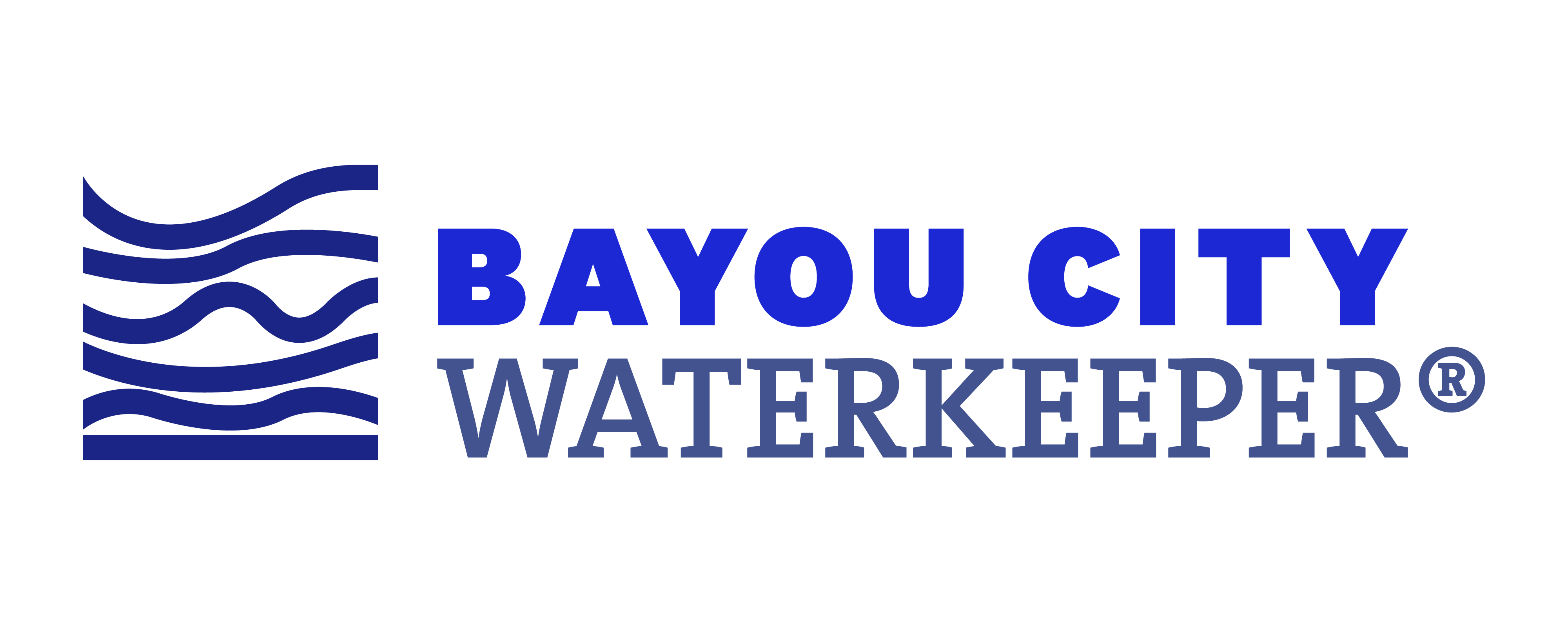Update 2/14/23: Federal judge Jeffrey Brown has consolidated the State of Texas’ and industry groups’ lawsuits into a single proceeding and scheduled their preliminary injunction requests for March 15 at 10:30am. The hearing, which will be open to the public, will take place in the sixth-floor courtroom of the US Post Office & Courthouse, located at 601 Rosenberg Street in Galveston.
Today Bayou City Waterkeeper asked a federal judge in Galveston for permission to formally intervene in two lawsuits challenging the Biden administration’s new “waters of the United States,” or WOTUS, rule, which clarifies the scientific analysis informing Clean Water Act jurisdiction over waters across the United States, including our region’s wetlands. The State of Texas and industry groups filed the lawsuits in January after the federal government published the final rule. Absent a court ruling, the rule will go into effect on March 20.
Read more about the details of the rule and how it will protect wetlands across our region in The latest WOTUS rule, explained.
In their lawsuits, the State of Texas and industry groups argue that the new 2023 WOTUS rule expands jurisdiction beyond the scope of the Clean Water Act, which has offered protections for the nation’s waters for more than 50 years. Their position ignores the experience of communities across our region over the same time period: rapid wetland loss, widespread flooding, and storms made worse by climate change. The federal government’s failure to fully protect wetlands in a science-based way has played a role in that, but so has the State of Texas’ own failure to adopt any wetland protections. Collectively, this has contributed to a culture of rapid development for the short-term economic gain for a small few, while others bear the burden of this choice, through increased flood, climate, and health risks. This rule represents a step toward correcting some of those shortcomings.
Yesterday, both the State of Texas and industry groups filed a request for a preliminary injunction, asking the federal judge to indefinitely prevent the new rule from going into effect while the litigation proceeds. They complain about the burden and expense of complying with the new regulation’s science-based analysis.
Bayou City Waterkeeper has asked permission to intervene, or become a party to the lawsuit, both to defend the 2023 rule as well within the bounds of the Clean Water Act and to show how this rule affects our work and ability to protect the waters and communities of the greater Houston region.
Statement from Kristen Schlemmer, Legal Director and Waterkeeper:
“The Clean Water Act has left behind our region’s wetlands for decades. This new rule outlines an approach that makes legal analysis of jurisdiction more straightforward and scientifically honest – and will allow us to better protect wetlands with an obvious relationship with our intricate network of bayous, creeks, rivers, and bays. The State of Texas’ attack on this rule ,while refusing to adopt any wetland protections of its own, shows a disregard for the communities of our region who rely on these natural features for cleaner water, flood protection, and carbon capture.”
Statement from John Jacob, soil scientist, Advisory Council member (2019 to present), and former Board member (2008-2019):
“For me, this isn’t just professional, this is personal. For far too long, wetland loss has been our region’s reality. To the untrained eye, it may not be clear how critical it is to save these places, which give the Houston region enormous benefits in terms of flood protection and improving water quality. For me, the magnitude of the landscape fills me with a calming and relaxing—almost spiritual—wonder and awe at these wetlands. While more is needed, the new rule is a good first step to protecting wetlands that make our region not just safer, but special, too.”
Bayou City Waterkeeper is represented by Earthjustice attorneys Stu Gillespie, Jen Powis, Caroline Crow, and Adrienne Lee, and Bayou City Waterkeeper’s Legal Director, Kristen Schlemmer. The cases are State of Texas v. U.S. EPA, no. 3:23-cv-00017 (S.D. Tex.) and American Farm Bureau Federation v. U.S. EPA, et al, no. 3:23-cv-00017 (S.D. Tex.). The judge in both cases is the Honorable Jeffrey V. Brown, appointed to the bench in 2019.
